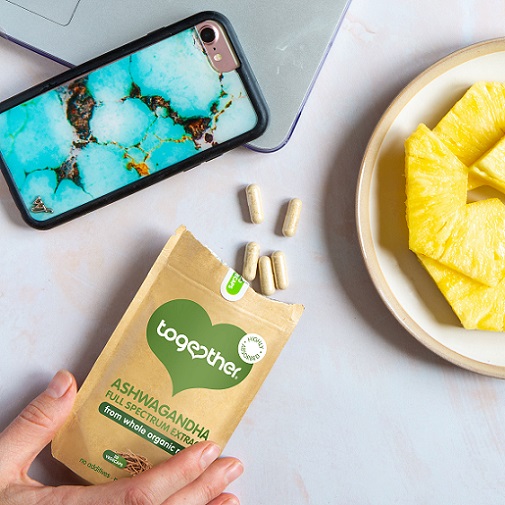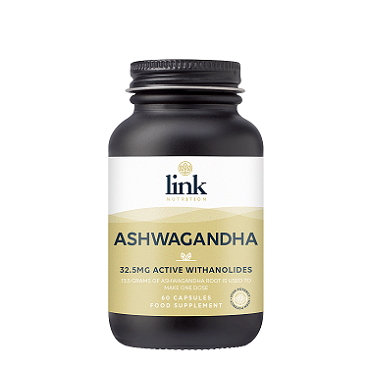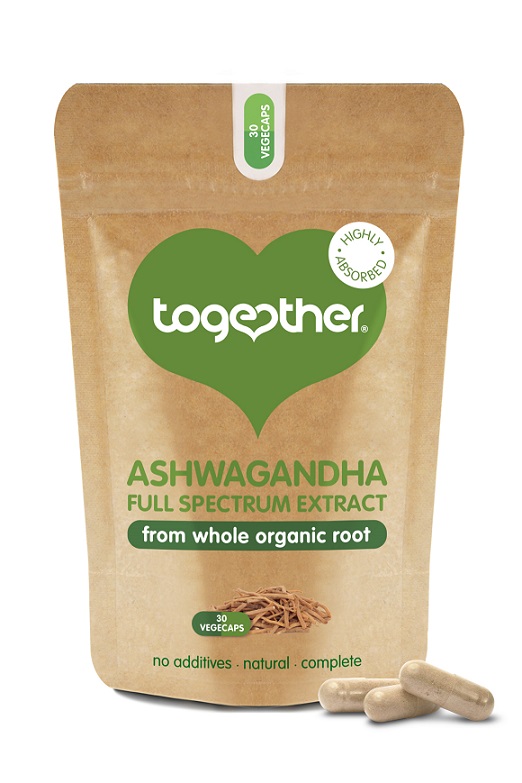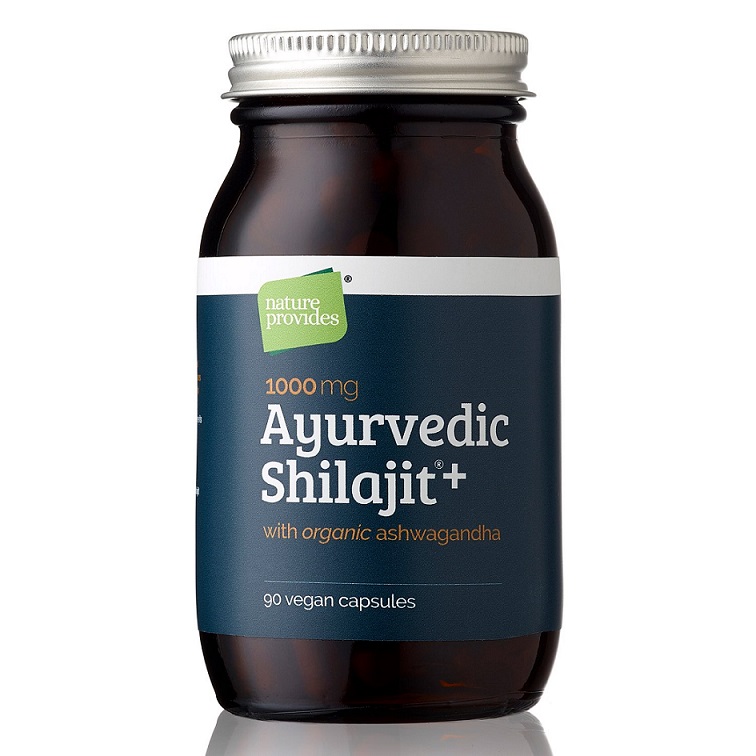Ashwagandha is still a relatively new trend in the health and wellbeing industry in the Western world (so no pressure if you can’t pronounce it), but it’s actually anything but new.
“Documented use of ashwagandha goes back over 5 millennia, ubiquitous in Indian traditional medicine, namely for its multitude of benefits,” Lola Biggs, dietitian at Together Health tells us. “I think perhaps because more and more of us have busy and stressful lifestyles, we’ve seen more interest in this really beneficial herb.”

What is ashwagandha?
Just because celebrities are taking ashwagandha, doesn’t mean we should all be popping the plant in its various forms. As with any health ‘trend’, it’s important to understand what an ingredient is, and how it could benefit you. So what exactly is ashwagandha?
Essentially, it’s a plant, the root and berries of which have been used extensively in Ayurvedic medicine for their restorative and rejuvenating benefits. Ashwagandha contains several medicinal chemicals including withanolides, choline, fatty acids and amino acids. The leaves and fruit themselves have great therapeutic properties, but the root of the plant is what is most commonly used in Western herbal medicine.
“In a literal sense, ashwagandha means ‘smell of horse’ (in Sanskrit), thought to be due to its earthy nature and aroma,” Lola says. “With its vast roots that grow deep in the earth, it’s packed with active components that can positively influence our health and wellbeing.
“As society is on the brink of stress and anxiety overload, I think the spotlight has been rightfully directed on ashwagandha and the ‘adaptogen’ family it belongs to – mainly because of the potential it has to help steer us on a stronger and calmer path via the nourishing effect it has on our built-in defence systems against stress in all its shapes and forms. Stress is a growing concern, especially during the current pandemic, and has been linked to the acceleration of almost every chronic health condition.”

What are the health benefits of ashwagandha?
Whilst some herbs have a direct impact on our immunity or gut health, ashwagandha is said to improve our overall mental and physical wellbeing, including improving memory, stabilising blood sugar levels, lowering cholesterol, and offering anti-inflammatory benefits. But what it’s perhaps most well-known for, and why it’s so popular today, is its ability to help manage stress and reduce anxiety.
“Ashwagandha has been shown to nourish our central stress response system (known as the HPA axis) – the health and function of this axis can determine our overall wellness. Essentially, ashwagandha is a brilliant herb to help in our ability to feel balanced, energised and strong.”
Whilst it’s said to be the most heavily researched of all the adaptogens, there’s always more to be done, as Lola says: “Research helps fuel interest, gain investment and allows us to explore the potential of the root in reducing our multifaceted health concerns on a global scale. It can also help us understand the underlying causes of ill health in the nation, by observing its effects on our body’s cells and systems.”
What form of ashwagandha should you be taking?
If you’re sold on the multitude of benefits ashwagandha can offer, let’s look at some of the forms you could take it in, and what you should be looking for in a product.
“A root grown in healthy soil is important, so choose organic and look for those that specify the percentage of actives (withanolides),” Lola says. “This can be in powder form, capsules and tinctures. I’d suggest choosing a whole root product, too.
“As part of the larger family of ’ adaptogens’, you can opt for a blend, where ashwagandha is in a helpful mix – some say this has an entourage effect. Choose organic, and keep clear of any unnecessary additives, fillers and preservatives. Get to know the company that you’re spending your pennies on and putting your health’s trust in. Look for those who care for the planet, plants and people.”







_825_433_int.png)

_825_433_int.jpg)



